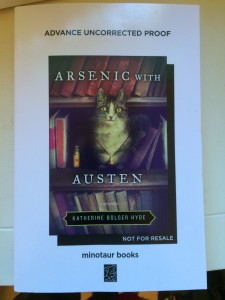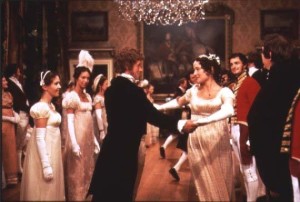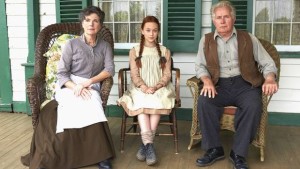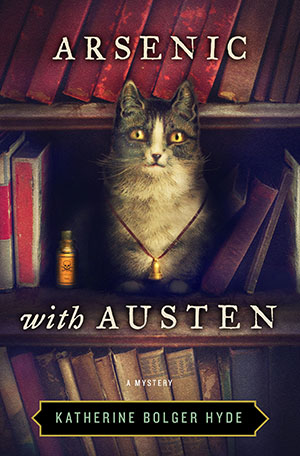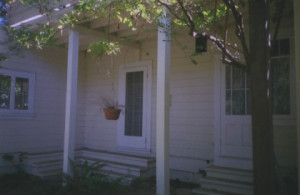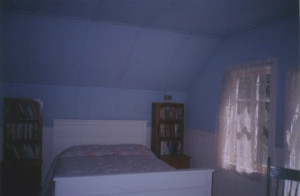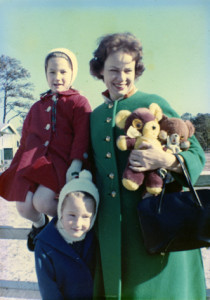 If you know me at all or have read my books, you’ve probably guessed I’m an anglophile. And a pretty rabid one, at that. In my view, the Brits do almost everything better, from TV to accents to cottages to cheese. A glance at my book and DVD collections reveals that my content consumption is heavily weighted toward the UK, so it’s no surprise that, as one friend recently commented, I write with a British accent.
If you know me at all or have read my books, you’ve probably guessed I’m an anglophile. And a pretty rabid one, at that. In my view, the Brits do almost everything better, from TV to accents to cottages to cheese. A glance at my book and DVD collections reveals that my content consumption is heavily weighted toward the UK, so it’s no surprise that, as one friend recently commented, I write with a British accent.
So when my agent, Kimberley Cameron, suggested shopping my orphaned series to a British publisher, I was intrigued. I looked up Severn House online and discovered that they publish in both the UK and the US and market their books to the entire English-speaking world. They actually specialize in picking up orphaned series and mid-list authors—neither of which most US publishers will touch. They’ve been around for over forty years and have more than 600 titles in print, so this is no tiny fly-by-night press. I started to get excited.
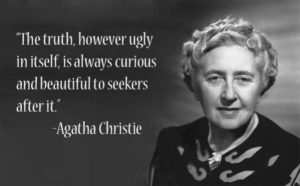 Kimberly had me put together a package including the full manuscript of Cyanide with Christie (third volume in the Crime with the Classics series), descriptions of the first two books, and the first chapter and synopsis of the proposed fourth. Within a week of sending this package to Severn, she received an enthusiastic response. They were interested provided I could tighten up the mystery a bit. At this point my response ratcheted up to thrilled.
Kimberly had me put together a package including the full manuscript of Cyanide with Christie (third volume in the Crime with the Classics series), descriptions of the first two books, and the first chapter and synopsis of the proposed fourth. Within a week of sending this package to Severn, she received an enthusiastic response. They were interested provided I could tighten up the mystery a bit. At this point my response ratcheted up to thrilled.
I did the requested revisions quickly and sent them off, and within another week we had an offer. A wee bit of tweaking and we were ready to proceed to contract. And before that week was out, I had the contract in my inbox. (Contrast this with four months from offer to contract in the case of my original publisher.) Cyanide with Christie is planned to release in November 2018 and Death with Dostoevsky about a year after that. (Contrast this with two years from contract to first book published and 17 months between books 1 and 2.) Now you can color me ECSTATIC.
 The contract is signed and in the mail. I look forward to working with a publisher that is responsive, fast, enthusiastic, unafraid of highbrow subject matter (e.g. Dostoevsky), and committed to making my books the best they can be. The fact that Severn House is located in London—and I may have an excuse to visit their offices one day—is pure gravy. Or, shall we say, hard sauce on the plum pudding.
The contract is signed and in the mail. I look forward to working with a publisher that is responsive, fast, enthusiastic, unafraid of highbrow subject matter (e.g. Dostoevsky), and committed to making my books the best they can be. The fact that Severn House is located in London—and I may have an excuse to visit their offices one day—is pure gravy. Or, shall we say, hard sauce on the plum pudding.
Cheers, mate! I’m crossing the pond!

